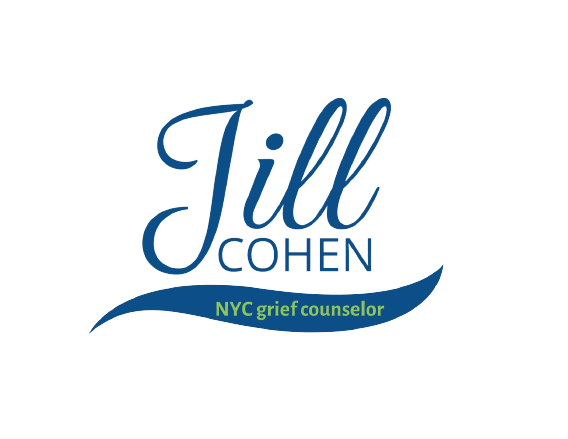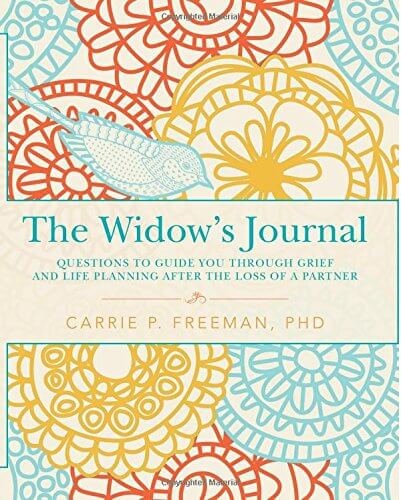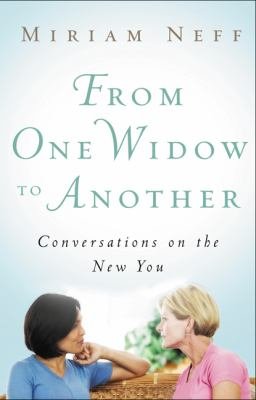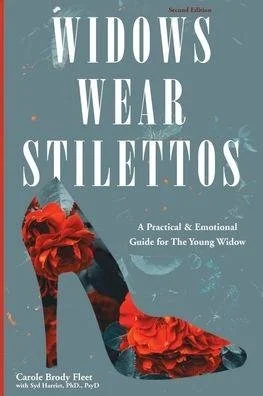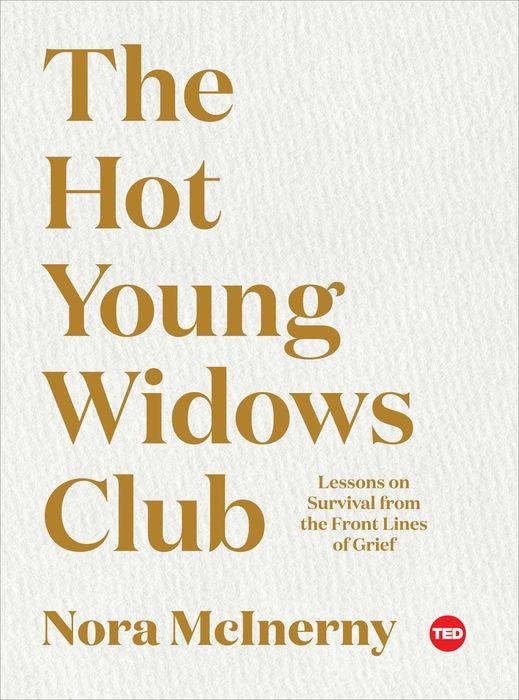Young and Widowed. A Challenging Combination.
5 Minute Read
Young and Widowed…Now What?
Statistics show that there are 3.7 million widowers in America today and 11.5 million widows. And an estimated 2,800 widows are added to the list every day. Altogether, that’s more than 6 percent of the entire population.
The average age of widowhood in the U.S. is 59, according to a frequently cited figure attributed to the U.S. Census Bureau. Just over three-quarters (76%) of the widows participating in the Modern Widows Club Impact Study 2020 were under 60 and a large portion were between 51 and 59. While the group of widows in their 20s and 30s is much smaller, it is not at all rare to be widowed in early adulthood.
Younger widows and widowers face unique challenges.
When you lose a spouse or a life partner at a young age, a unique kind of heartbreak is added, as your plans for your life are irrevocably altered. The visions you had for your future together are shattered.
Two Aspects of Grief That Are Notably Different For Young People Are:
1. It may be the first experience with the death of someone close to you.
2. Others in your peer group may not understand what you are going through or how to help you.
Photo by Alexander Grey on Unsplash
In addition to the usual grief symptoms, young widows and widowers have to contend with all sorts of other issues that they may not be prepared for or know how to handle.
Here are a few of the topics that often come up in my grief counseling sessions with my young widows/widower clients:
The strong hard -hitting feelings of wonderment about what the future holds and how you’re going to get to that future with new expectations and practicalities.
What about money? Will you have to change jobs to increase your earnings, or start to find work, and if there are children, who will take care of them.
Can my children continue with their lifestyle the way they knew it, or will we have to adjust our lifestyle in terms of finances?
If you don’t have children, will you have another opportunity to have children, now that your spouse has died?
Will you ever have fun again, or take a vacation?
Will you be alone all the time?
Will you feel like the third wheel with your coupled friends?
Will you ever experience the level of intimacy you enjoyed with your partner with another person?
The death of a spouse is one of the most stressful events in life and can affect every part of you.
10 Tips To Help You Make a “Small Start” on the Right Track as You Grieve
Prioritize what needs to be done. Don’t try to resolve everything at once.
Try to eat well and exercise.
Try relaxation techniques or yoga practice or meditation.
Stay in touch with people who are supportive and helpful. Allow them to help you out.
It would be very helpful to join support group that is comprised of young widows/widowers, who are experiencing similar experiences. It will give you a safe and comfortable place to discuss your challenges and feelings.
Get someone to help for a few hours a week with the housework, paperwork, the children’s activities. You need time to adjust to your own “new normal.”
Try journaling. It can be cathartic to get your feelings and emotions out of your body and onto paper.
When a big “life” decision seems to be appearing, put the thoughts away. You need a year to settle into your new life before you can get a sense of your needs and wants, realistically.
Don’t be judgmental towards yourself. You can only do the best you can, given your circumstances, being a new griever.
Check the rules of your spouse’s health benefits, insurance and social security benefits and to try make them a “paperwork priority.” They could be beneficial to you.
You Are Not Alone
An important thing to remember as you work through your grief that “you are not alone.”
There are so many others who have gone through or are going through the death of a loved one at a young age.
Reading about them and seeing how they have reshaped their life is the best approach for making progress in your grief.
Young widows must visit this website:
A perspective from a widow in her 20s:
A perspective from someone widowed in her 30s:
Check out Widows Connection!
Their motto is: We had no choice about becoming widows, but we do have a choice about how we live the rest of our lives.
To delve deeper, here are some books for your bedside table.
The Widow’s Journal: Questions To Guide You Through Grief and Life Planning After the Loss of a Partner (by Carrie P. Freeman PhD).
Because everyone mourns differently, guided journal writing is a useful tool for navigating the phases of grief in a personalized, private way.
The Widow's Journal is written in an honest yet hopeful style by this lifelong journaler, who set out to write the kind of book she could have used when, just prior to her thirtieth birthday, she lost her own husband to cancer.
It provides over one hundred guiding questions (from the practical to the profound) that you can use to progress through the grieving process, culminating in a collection of your most useful insights for reflection
I’m Grieving As Fast as I Can: How Young Widows and Widowers Can Cope and Heal (by Linda Feinberg)
A guide for young widows and widowers through the normal grieving process, highlighting the special circumstances of an untimely death.
Young widows and widowers share thoughts and dilemmas about losing a loved one, what to tell young children experiencing a parent's death, returning to work and dealing with in-laws.
One Widow To Another: Conversations on the New You (by Miriam Neff)
According to the Surgeon General’s office, 800,000 people become widows or widowers yearly in the United States alone.
As the author struggled to understand and accept her new role after her husband’s death, she recognized the need for women to hear from others about their experiences and what helped them transition to this new stage of life.
Option B: Facing Adversity, Building Resilience, and Finding Joy (by Sheryl Sandberg).
After the sudden death of her husband, Sheryl Sandberg felt certain that she and her children would never feel pure joy again. “I was in ‘the void,’” she writes, “a vast emptiness that fills your heart and lungs and restricts your ability to think or even breathe.” Her friend Adam Grant, a psychologist at Wharton, told her there are concrete steps people can take to recover and rebound from life-shattering experiences. We are not born with a fixed amount of resilience. It is a muscle that everyone can build.
Option B combines Sheryl’s personal insights with Adam’s eye-opening research on finding strength in the face of adversity.
Widows Wear Stilettos: A Practical and Emotional Guide for the Young Widow (by Carole Brody Fleet)
Becoming a widow in one's forties, thirties, or twenties can be terrifying. This book deals sensitively with the many problems and questions facing the young widow: depression and grief, helping children cope, facing in-laws, and returning to work.
The author also addresses practical concerns including financial considerations and personal issues such as health, self-awareness, diet, and exercise.
The Hot Young Widows Club: Lessons on Survival from the Front Lines of Grief (by Nora McInerny)
In the span of a few weeks, the author, thirty-something Nora McInerny, lost her husband, her unborn baby, and her father. Her life fell apart. Calling from her own experiences and those of her dedicated listeners, Nora offers offer wise, heartfelt, and often humorous about navigating a painful period in your life.
She also explores how readers can educate the people around them on what to do, what to say, and how to be supportive.
Ultimately, this book helps people to recognize that they aren’t alone, and helps them get through life, with grace and humor.
